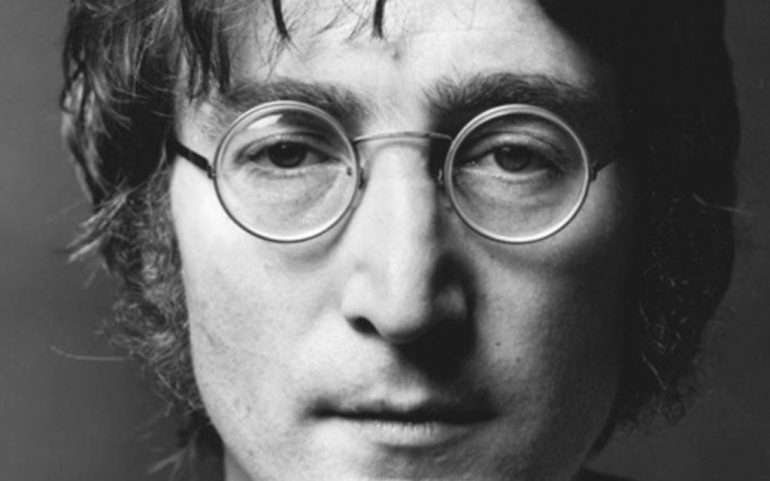„Imagine there’s no countries… It isn’t hard to do. Nothing to kill or die for and no religion, too. Imagine all the people living life in peace.
You, you may say I’m a dreamer but I’m not the only one… I hope someday you will join us and the world will be as one.
Imagine no possessions I wonder if you can. No need for greed or hunger a brotherhood of man. Imagine all the people sharing all the world. You, you may say I’m a dreamer but I’m not the only one…
I hope someday you will join us and the world will live as one. „– John Lennon
Why is it that humans have the capacity to imagine alternatives to reality? If we can depict reality, as closely as possible, then these scenarios have in prehistoric times and still have now real survival value. You can elaborate on things you wish for, and things you fear. The closer you are to the reality you would love or you would love to avoid, the more you will be able to work out what to do by thinking through the possibilities
We have ideas and we are well advised to test these ideas. We imagine outcomes to vital actions all the time, at all levels of our individual lives but also for determining the political and economic consequences of policies and public actions. Without imagination we could not turn our experiences in the past into expectations for the future. Disciplined imagination helps to compare hypotheses against available evidence. Even learning from our mistakes is based on imagining how we could have avoided bad outcomes.
Imagination was and is still used for storytelling. What better proof for this than all the great works of literature. But imagination is not only about fiction; it is essential to our painful progress in separating fiction from fact.
Contemporary philosophers are often criticized for their thought experiments, although nobody seems to blame Galileo or Einstein for theories they imagined long before they could be proven. We must in fact find out more about how imagination enhances knowledge. But surely if it didn’t then we would not be around to ask the question.
In the 21st century a new aspect confronts our idea of what imagination is: virtual reality. Living in other times, through other lives is based on the imagination of the „game makers“ but blunts the imagination of the user. Living by what we post on social media lets us imagine how we would like to be and how we would like others to see us. Whether we gain knowledge through this process is doubtful. However, as of now we still have little evidence of how these new technologies and means of communication will affect our neuronal plasticity in the long run. Science fiction is hardly experience based, and in fact we have indeed achieved engineering feats that Jules Verne dreamt and wrote about over 150 years ago.
We can only hope with John Lennon that the world will be a better place if we use our imagination and make things for the better come true.
Julia Kalmund, July 2017
From time to time we like to write in English – and do hope that you enjoy these posts as much as the ones in German. Please comment below and tell us where you’re from – and whether you’d like us to write in English more often.


